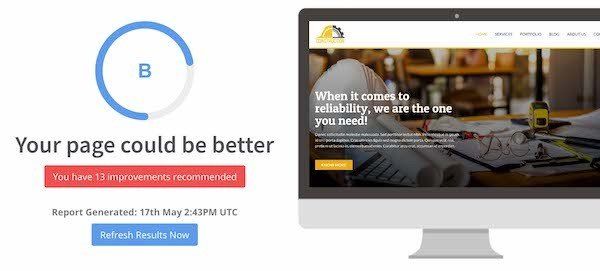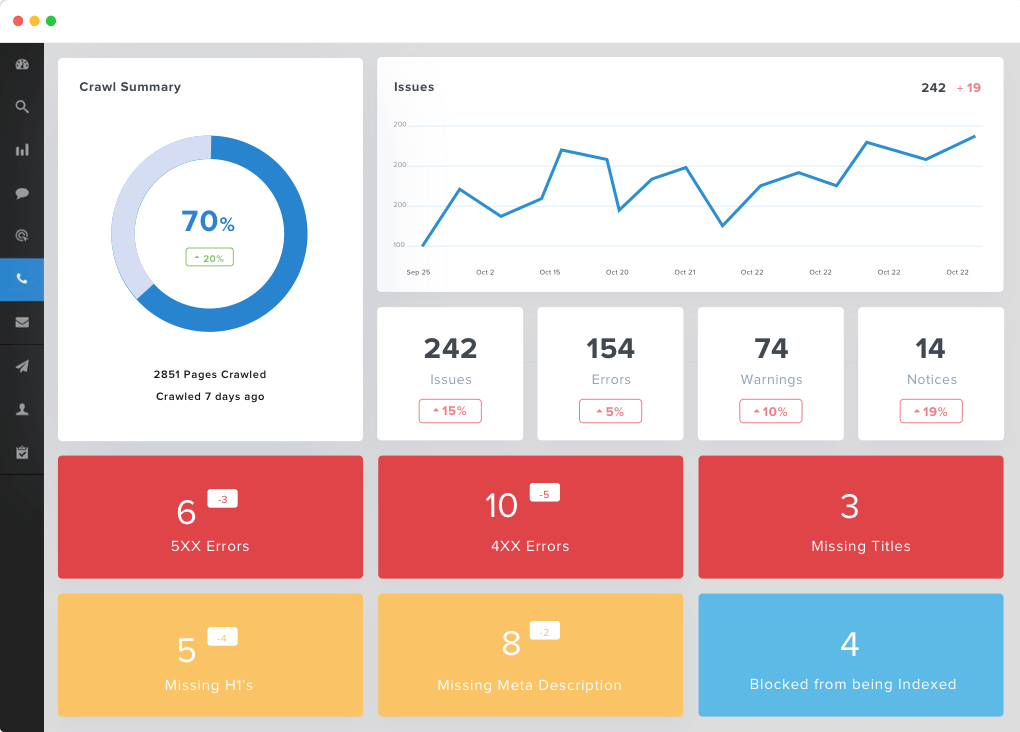Why All Businesses Need a Professional Website Audit
Share article
Websites are often viewed as a company’s backbone because they can display everything about a business. It offers unparalleled customization capabilities that allow brands to grow their image through responsive website design strategies. Properly crafting and optimizing a business page entails considering the user experience and how all site elements work in tandem.
Designing these pages means considering many things, such as graphic design elements and other fixes to functionality. While you might be deep into investing in an SEO agency or other digital marketing companies, a non-optimized website means that these moves will be null and void. These possibilities are where a website audit comes into play to help a business grow.
Website Audit Considerations

It is crucial to run an audit every quarter of the year, as things can significantly change each month. You’ll see the shortcomings and elements that your website lacks, which will help you improve it by analyzing them. Performance issues, site health, organic traffic, lead generation form strength, mobile optimization, and other content management plans will be some things viewed by an audit.
What a Website Audit Grades
Your website can always be subject to improvements, as the trends of responsive website design shift often. Most of the time, sites fail to work on their design structure, which is a product of inadequate design philosophies and practices. One way to boost site strength is to work on various layouts and systems for different platforms. Websites ready for mobile viewing is one way to ensure a more robust SEO ranking, as these reduce bounce rates by smartphone or tablet users.
Branding elements will also be audited as part of the procedure, which means colors and other website design elements will contribute to your audit score. User experience means boosting the way people view your website, so less clutter and softer colors will help with retention rates due to how they look professional and legitimate.
On the technical side, a website audit will find errors like broken links, form errors, duplicate pages, and other non-working elements. These often damage SEO scores, so ensure that they promptly address responsive website design services to bounce back. On-site SEO will also be addressed along with contributing elements like website loading speeds, mobile optimization, keyword usage, and organic content pieces.
Off-Site SEO Audits
A website audit will include off-site analytics, such as finding domain and webpage authority, social media management, and various backlinks on content. CMS audits might also be run to discover if any website software used is outdated, which will drop website credibility because of the risks it proposes.
A Website Audit Is a Requirement
All businesses will require a website audit because online trends shift every year. New trends and technologies may arise more than twice in a year, so knowing what is outdated and what doesn’t work anymore will help companies decide on changes needed. Auditing can also spot various problems and offer invaluable information on boosting conversion rates and even lead generation. If you’re looking to increase returns on investments and are trying to prevent website traffic drops, a website audit is one way to go.
Request a Free Website Audit with us
As part of a business’s toolkit for growth and success, websites need to be monitored, updated, and worked on regularly. A website audit can help discover outdated elements and weak points of a domain, helping companies work on these issues promptly. Invest in an auditing process every quarter for the best results.
The Stack Group is a
digital marketing agency in the USA, based in Agawam, MA, that helps small businesses garner tangible growth results. Specializing in SEO, website audits, web development, and other social media management services, we tailor our methods to what your company needs.
Questions? Have a project you're ready to launch?
Simply text our team at
(857) 256-1295 or send us a message!
Latest Articles





